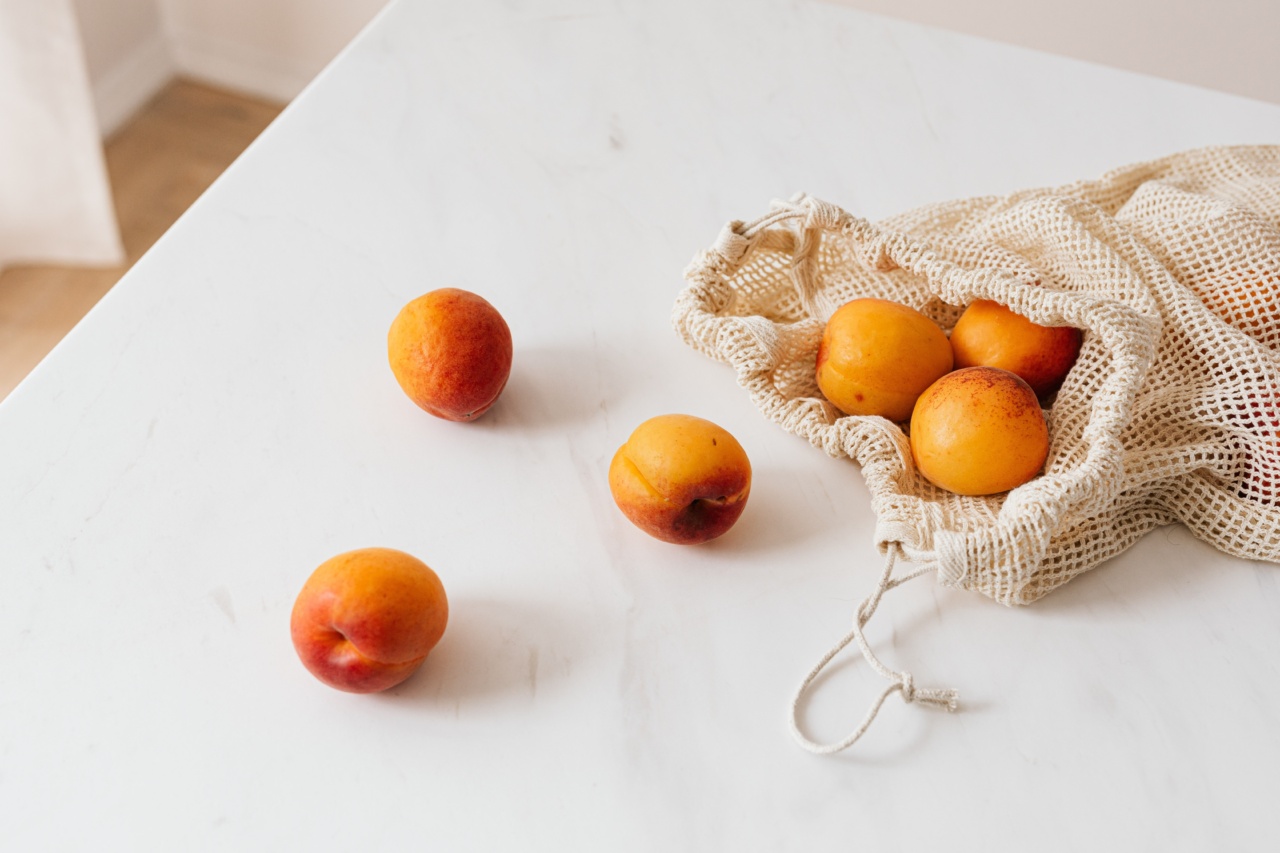Bloating is an uncomfortable and common digestive issue that can leave you feeling sluggish and unproductive. Fortunately, incorporating legumes into your diet can help alleviate bloating, and provide numerous other health benefits.
What are Legumes?
Legumes are a classification of plants that include beans, lentils, chickpeas, peas, and soybeans. These plants are rich in protein, fiber, vitamins, and minerals, making them an excellent addition to any diet.
Additionally, legumes are cholesterol-free and low in fat, making them a heart-healthy food choice.
The Health Benefits of Legumes
There are many health benefits to adding legumes to your diet. Here are just a few:.
- Weight Loss – Legumes are low in calories and rich in fiber, which can help you feel full and prevent overeating.
- Lowered Cholesterol Levels – The soluble fiber in legumes can lower cholesterol levels and reduce your risk of heart disease.
- Stabilized Blood Sugar – The high fiber content in legumes slows the absorption of sugar into the bloodstream, preventing spikes in blood sugar levels.
- Improved Digestion – The fiber in legumes can help improve digestion and alleviate constipation.
- Better Emotional Health – Legumes contain tryptophan, an amino acid that the body uses to make serotonin, a chemical that can improve mood and promote relaxation.
Maximizing Legumes for a Bloat-Free Diet
To get the most out of legumes, it is important to prepare them properly and incorporate them into your diet in a way that reduces your risk of bloating. Here are some tips:.
Soak Your Legumes
Soaking your legumes overnight before cooking can help to break down the starches and complex sugars that can cause gas and bloating. Soaking also reduces the cooking time, making legumes easier to digest.
Cook Thoroughly
Cooking legumes until they are fully soft can help to reduce the amount of gas-producing compounds in the final dish. Be sure to boil or pressure cook your legumes until they are fully tender, and avoid undercooking them.
Start Slow
If you’re not used to eating legumes, it’s best to start with small portions and gradually increase your intake over time. This can help your digestive system adapt to the increased fiber content and reduce your risk of bloating.
Mix with Other Foods
Mixing legumes with other foods can help to slow the digestion process and reduce your risk of bloating. Try adding legumes to salads, soups, stews, or curry dishes.
Drink Plenty of Water
Drinking water can help to move fiber through your digestive system and reduce your risk of bloating. Be sure to drink plenty of water throughout the day, especially if you’re increasing your legume intake.
Choose the Right Legumes
Not all legumes are created equal when it comes to bloating. Some legumes, like lentils and chickpeas, are less likely to cause bloating than others, like kidney beans and black-eyed peas.
Choose legumes that are less likely to cause gas and bloating to reduce your risk of digestive discomfort.
Avoid Processed Legumes
Processed legumes, like canned beans or packaged bean snacks, are often loaded with preservatives, salt, and sugar, which can cause bloating and other digestive issues.
Choose whole, unprocessed legumes whenever possible to maximize their health benefits and reduce your risk of bloating.
Try Different Culinary Techniques
There are many ways to prepare legumes that can reduce your risk of bloating. Some culinary techniques, like fermenting or sprouting legumes, can help to break down complex carbohydrates and reduce the risk of digestive discomfort.
Experiment with different preparation methods to find what works best for you.
Conclusion
Legumes are a versatile and healthy food choice that can help alleviate bloating and provide numerous other health benefits.
Incorporating legumes into your diet can help you feel fuller, improve digestion, lower cholesterol levels, stabilize blood sugar, and improve your emotional health. By following the tips outlined above, you can maximize the benefits of legumes and reduce your risk of digestive discomfort.




























